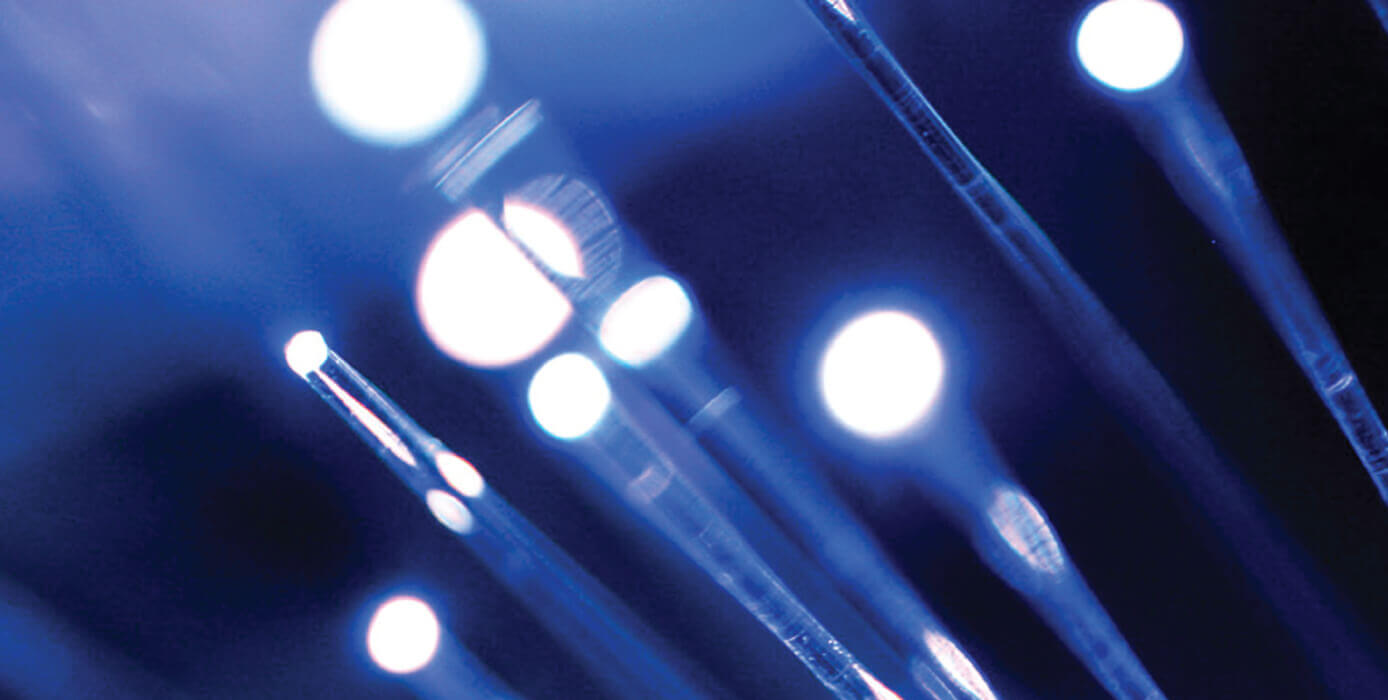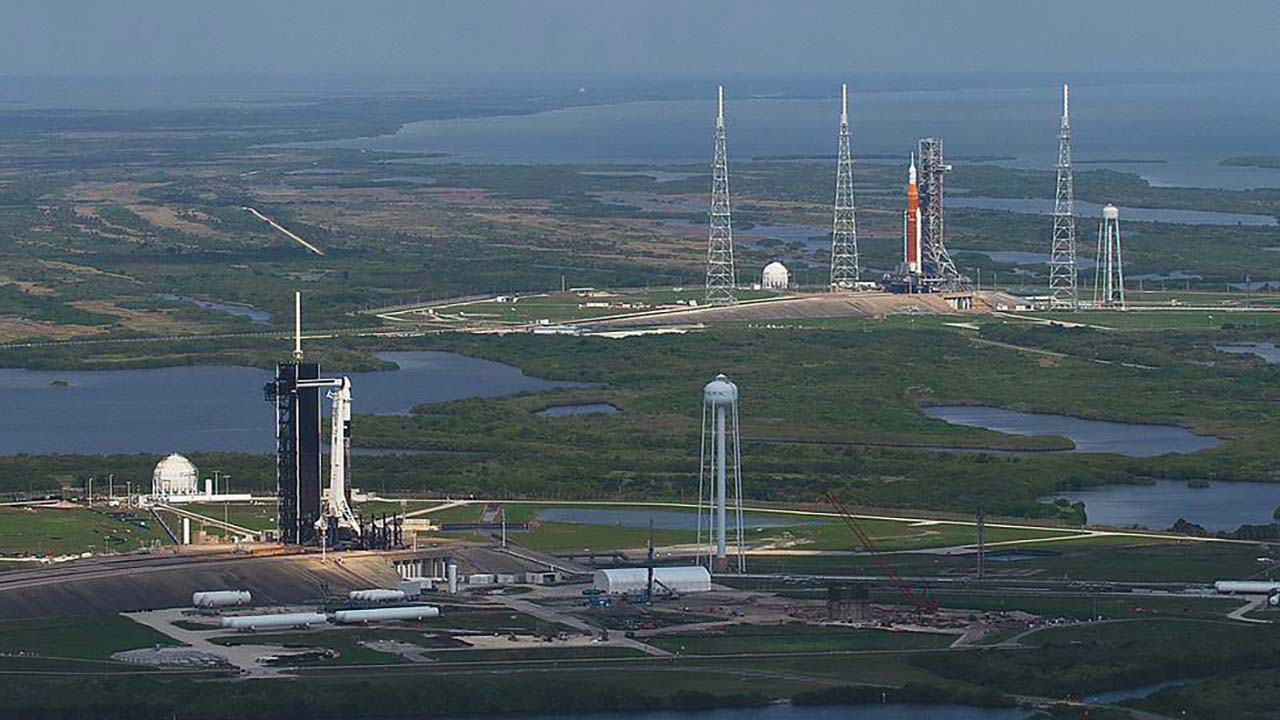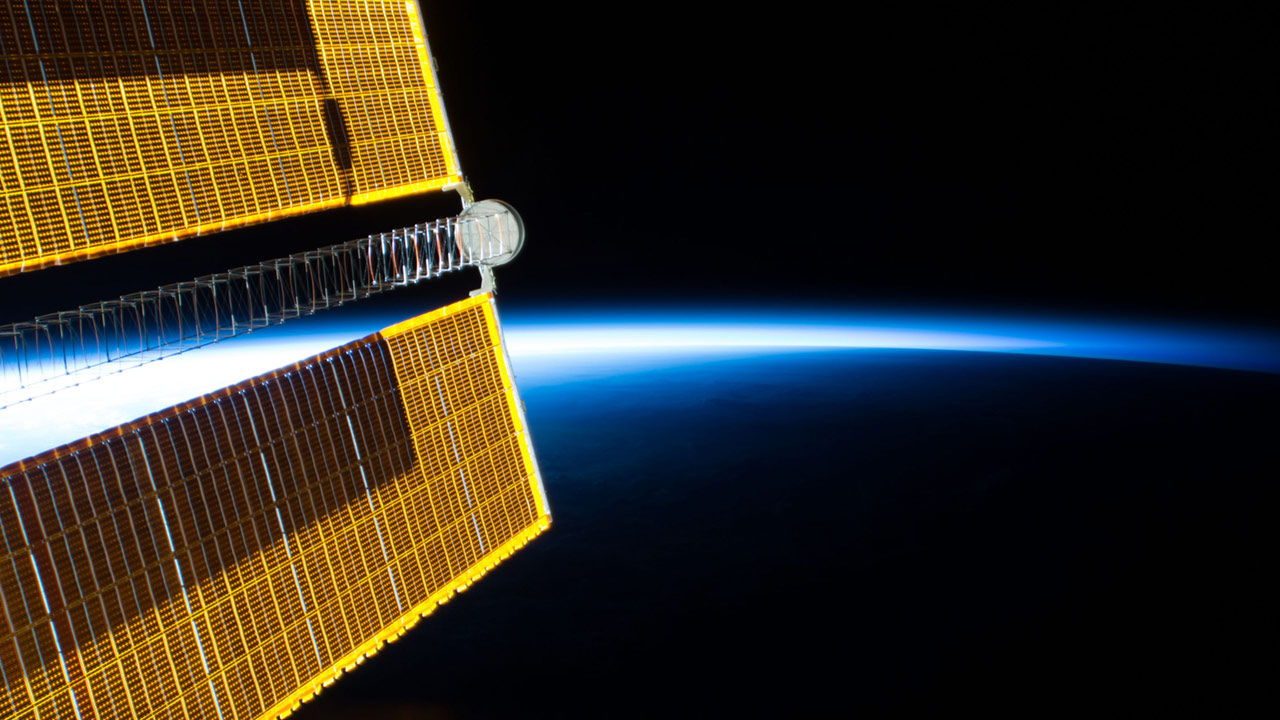The following questions are relevant to RFP 2019-2: Advanced Materials Research and Development Onboard the ISS National Laboratory.
Our project will leverage the Transparent Alloy hardware, designed for use in the Microgravity Science Glovebox which would need to be modified with minimal changes to the hardware. Is the implementation of this modification aboard the ISS within the project timeframe feasible?
Thank you for your interest in ISS National Lab RFP 2019-2: Advanced Materials. In regards to the Transparent Alloy hardware, this hardware is owned and operated by the European Space Agency (ESA). ESA has plans to utilize the hardware through the year 2022. Since this hardware is owned by and in frequent use by a foreign government, we do not have direct access to it through the ISS U.S. National Laboratory. ISS National Lab sponsored investigations may seek access to hardware owned and operated by the international partners by National Lab request to the NASA ISS Program Science office, but these requests are prioritized by the international partner agency.
What is the availability status of the Electrostatic Levitation Furnace (ELF)?
ISS National Lab has been notified by NASA that the earliest access to the ELF would not be until 2023 due to high demand for the facility causing a backlog of experiments. Investigators are encouraged to research alternative facilities including: the Solidification Using a Baffle in Sealed Ampoules (SUBSA), Low Gradient Furnace (LGF), and Solidification and Quenching Furnace facilities. Please contact the Operations team ([email protected]) if you have any questions about facility availability or capabilities.
Should we calculate the cost of performing an experiment on ISS? Is there a fee chart available?
There is no need to calculate the cost of doing the experiment on the station. The ISS National Laboratory will provide transportation for the experiment to and
from the ISS from our allocation from NASA.
Can we request funding from the ISS National Laboratory? What are the scopes and limitations for it?
Please note that the ISS National Lab is not primarily a granting organization. While you may request funding for implementation of your flight project, please note that funds available for grants are limited and may not be provided. Offerors should plan to cover the cost of researcher time and materials. Costs of transportation to and from the space station are covered as part of the ISS National Lab Cooperative Agreement with NASA. Any grants awarded will be minimal and depend on the number of meritorious applications received, the availability of funding or other resources for that RFP open period, and programmatic priorities. No-cost and low-cost proposals will receive priority over higher-cost proposals when expected science return and feasibility are comparable. For Step-1 Concept Summaries, only an estimate for any budget is required.
For information on our Implementation Partners, see: https://issnationallab.org/implementation-partners/
I am U.S. based and a U.S. citizen, is it acceptable to collaborate with a non-U.S. researcher?
As long as you are listed as the Principal Investigator (PI) and your organization is the sponsoring U.S.-based entity submitting the proposal, you can include collaborators from outside the U.S.
If a university or company decides to use a foreign national on its project, ISS U.S. National Lab does not get involved in an entity’s export control program, particularly regarding ITAR and EAR. We rely on universities and companies to take all appropriate measures regarding export, including following appropriate NASA regulations. Please confer with your export professionals for guidance.
NASA’s Export Control Program: https://oiir.hq.nasa.gov/nasaecp/
NASA Designated Countries: https://www.nasa.gov/oiir/export-control
Can you provide examples of successful applications as a guide?
The ISS National Laboratory cannot share prior submissions. Please keep your ideas clear and answer the fields so we can best understand the concept, objectives and outcomes of your proposal. The initial concept submission is meant to be brief; more detail in the Step-2 phase with the full proposal.
Will you make available a list of submitters who are not selected?
We do not release information on submitters not selected for award.
Are all submitters (prior to award selection) responding to RFPs listed on a website?
The names of submitters are not available prior to project selection and award determination.
I’m a foreign national from China and read about the PI requirement for this proposal call, I would like to check the details of eligibility with you.
- Can FN from National Lab be exempt from this requirement?
- Will green card holders be eligible or is US citizenship required? I got mixed information when browsing through the website.
- Can FN be co-PI with a US citizen as PI?
- Can FN be team member with a US citizen as PI?
Principal Investigators need to be U.S. Persons, which includes Permanent Residents (Green Card holders). However, certain foreign nationals (including Permanent Residents) are indicated on NASA’s Designated Countries List: China, Syria, Iran, etc. These foreign nationals pose a greater risk and require extensive review and approval from NASA. As a general rule, the ISS U.S. National Laboratory avoids doing business with foreign nationals from countries on NASA’s list. If the proposing entity wants to use people from NASA’s Designated Countries list as part of its project, it is very unlikely that project will be approved. In addition, if a University or Company decides to use any Foreign National on its project, it should be aware that ISS U.S. National Laboratory does not get involved in an entity’s export control program, particularly regarding ITAR and EAR. We rely on Universities and Companies to take all appropriate measures regarding export, including following appropriate NASA regulations.
NASA’s Export Control Program: https://oiir.hq.nasa.gov/nasaecp/
NASA Designated Countries: https://www.nasa.gov/oiir/export-control





